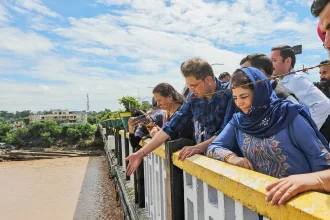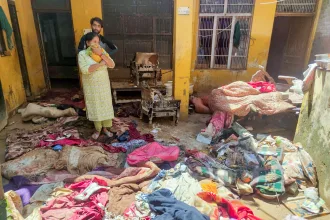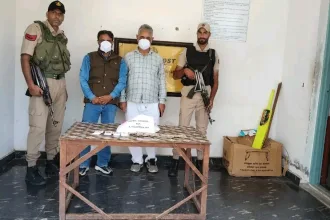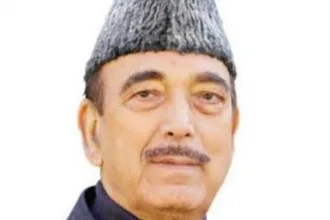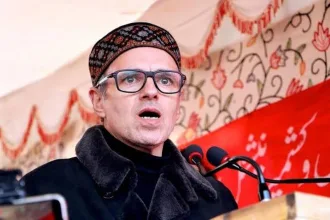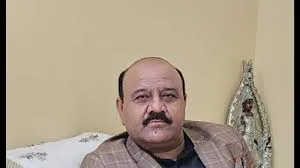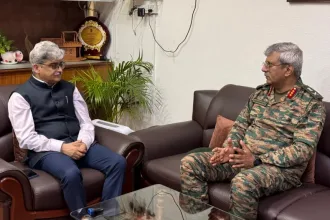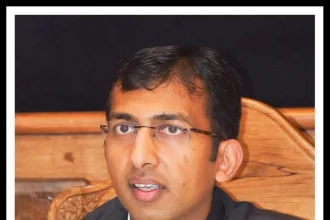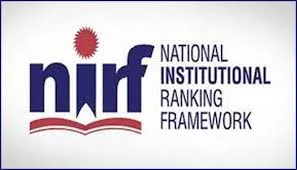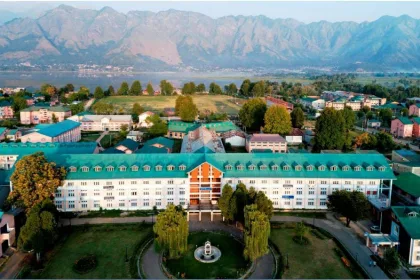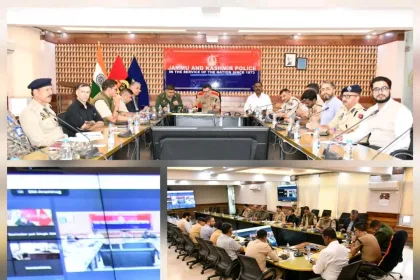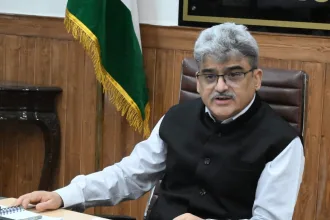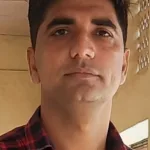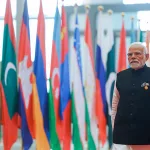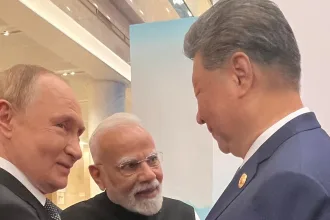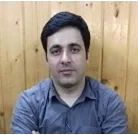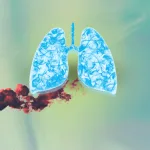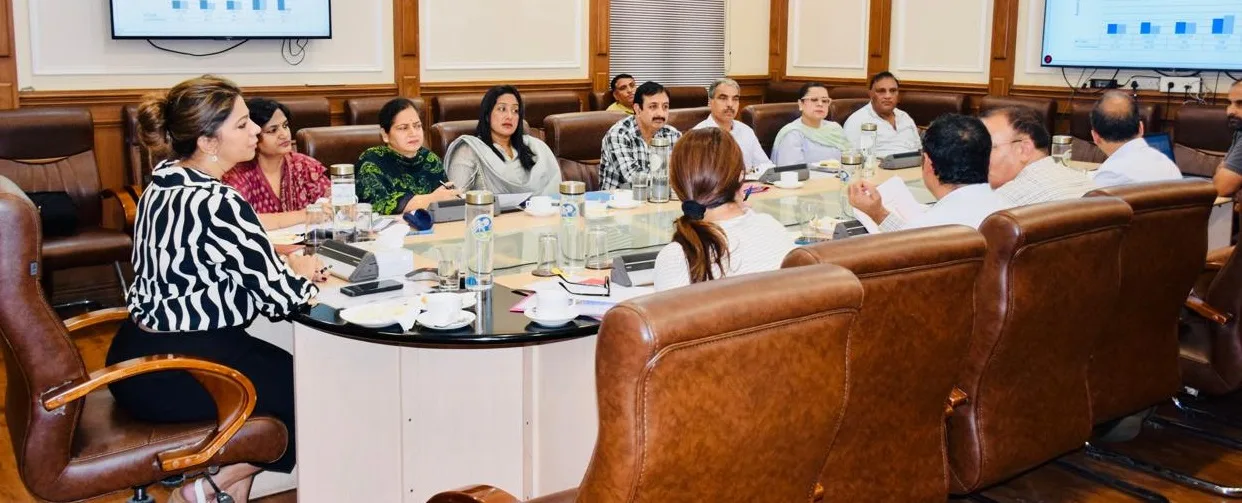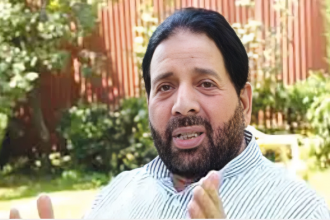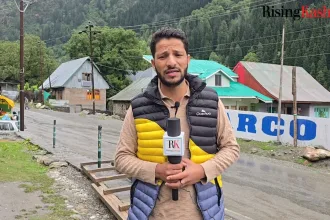- Quick Links
- About Us
- Contact Us
- E-Paper
Search
Archives
- September 2025
- August 2025
- July 2025
- June 2025
- May 2025
- April 2025
- March 2025
- February 2025
- January 2025
- December 2024
- November 2024
- October 2024
- September 2024
- August 2024
- July 2024
- June 2024
- May 2024
- April 2024
- March 2024
- February 2024
- January 2024
- December 2023
- November 2023
- October 2023
- September 2023
- August 2023
- July 2023
- June 2023
- May 2023
- April 2023
- March 2023
- February 2023
- January 2023
- December 2022
- November 2022
- October 2022
- September 2022
- August 2022
- July 2022
- June 2022
- May 2022
© 2022 Foxiz News Network. Ruby Design Company. All Rights Reserved.
Notification Show More
CM Omar Abdullah visits Flood-Hit Budgam, Srinagar outskirts; orders evacuations
Jammu and Kashmir Chief Minister Omar Abdullah on Thursday visited several flood-affected areas in Budgam district and on the outskirts of Srinagar to take stock of the ground situation. In…
NMC grants addl 190 MBBS seats to 5 J&K medical colleges
Srinagar, Sept 04: To augment the undergraduate medical education, the National Medical Commission (NMC) has approved an additional 190 MBBS seats to five medical colleges in Jammu and Kashmir. In…
BRO Chief assures swift restoration of critical road links in J&K
Jammu, Sept 04: Lt Gen Raghu Srinivasan, PVSM, VSM, Director General…
Floods disrupt 66 water supply schemes in Kulgam
34 restored within day; tankers pressed into service
Div Com visits flood-hit areas in Srinagar, Budgam
Urges people to stay away from low-lying areas
15-day exhibition-cum-sale showcases J&K’s rich craft heritage
Over 80 artisans participate, beneficiaries report boost in sales
CS for health awareness, school safety audits in flood-hit areas
Jammu, Sept 04: Chief Secretary Atal Dulloo on Thursday chaired two…
Unprecedented rainfall causes widespread devastation in Jammu
ITMS collapses; water, power supply badly affected Full electricity restoration within 2-3…
“Centre’s Rs 209 crore package not enough”: Mehbooba Mufti demands additional funds for relief, rehabilitation
Peoples Democratic Party (PDP) chief Mehbooba Mufti on Thursday asserted that the…
Midnight fury around Saffron town: Chased by the river, residents recall dark night of floods
Abid Bashir What began as panic quickly turned to terror in the quiet villages of Shalina, Teingan, and Zinpora, just outside the saffron town of Pampore, when the Jhelum…
Next Generation GST
Prime Minister Narendra Modi had announced from the ramparts of the Red Fort on the Independence Day that Next-generation GST…
Sports
PDP’s Zuhaib Mir visits flood-hit areas
PDP’s Zuhaib Mir visits flood-hit areas RK News Service Srinagar, Sept 04:…
Weather
20°C
Srinagar
clear sky
20° _ 20°
74%
1 km/h
Fri
26 °C
Sat
27 °C
Sun
27 °C
Mon
27 °C
Tue
27 °C




